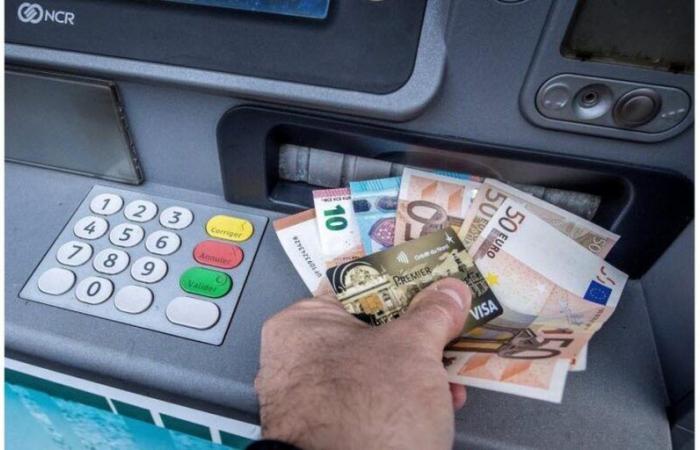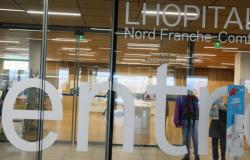“Account maintenance fees, bank cards, ATM withdrawals are the items on which we have observed the most increases in the different banking networks,” write the authors of the study.
In detail, “small consumers”, with a set of basic services, will now pay 69.78 euros each year (+ 5.46%) and so-called average consumers (a couple with two cards with insurance loss and theft) will pay 134.94 euros (+ 5.29%). “Heavy consumers” within the meaning of the CLCV, that is to say two “high-end” cardholders with a Gold or Premier card and making numerous withdrawals, are better off with an increase of 3.88%, at 214.87 euros on average.
Beware of bundled service offers or “packages”
The CLCV has analyzed the price scales in force on February 1, 2025 in around a hundred establishments. According to her, Crédit Coopératif is competitive in all market segments, while LCL is competitive for small consumers and BNP Paribas for medium consumers. SG, a merger of the retail banking networks of Société Générale and Crédit du Nord, is among the most expensive banks across all profiles, as are, to a lesser extent, the Banques Populaires.
The CLCV association also draws consumers’ attention to the service bundles, or “packages”, subscribed to by the majority of banking customers. These offers “are not always advantageous compared to subscribing to identical products individually,” she observes.
Free instant transfers
The only bright spot this year is the new free instant transfers, which allow beneficiaries to receive the transferred money in less than 10 seconds. Online banks “can constitute an interesting alternative for consumers who are fond of distance relationships”, considers the consumer association, “their offers are in fact competitive, provided that they are vigilant about possible conditions of use “.
The financial services bill for a household is soaring this year, well beyond inflation. In addition to bank charges, there is an increase in car insurance rates which would be 4 to 6% and that of comprehensive home insurance rates from 8% to 12%, according to two specialist firms.






